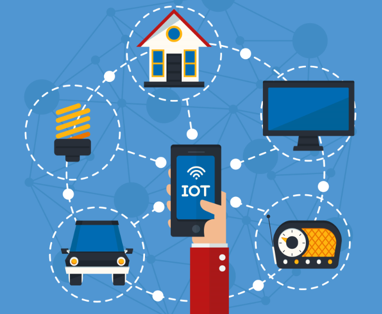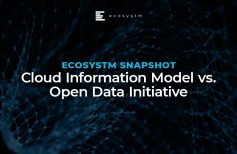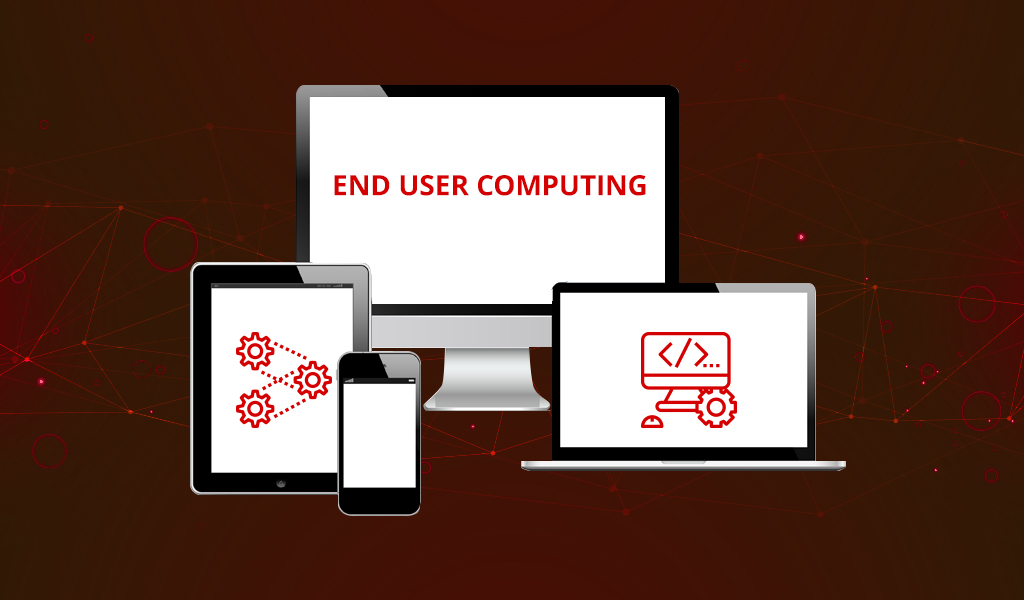
There have been several productivity improvement techniques such as Kaizen, Total Quality Management (TQM), Business Process Reengineering (BPR), Lean Manufacturing, Lean Thinking, Lean Maintenance, Six Sigma, ISO Certifications and Business Process Management and others. These waves of productivity improvements focused on certain core principles such as:
- Cutting waste from processes
- Bringing transparency to decision-making
- Empowering users through better involvement and cross-functional information
- Improving quality, cutting costs, improving business velocity and improving customer satisfaction
These productivity improvement initiatives provided incremental benefits to the industries where they were implemented. However, companies often were satisfied with the marginal benefit they could manage to derive from their business improvement initiatives.
How Productivity Improvement and Enterprise Software Solutions are Implemented?
In the last 20 years, enterprise solutions like ERP, SCM, HCM, and CRM were at the forefront of digitising business processes. Many companies have tried to implement these solutions without a thorough analysis of achieving real business outcomes and deviations from current business models. As a result, there have been many cases of wasted investment and time, where software solutions have been implemented with little to no additional gains.
To eliminate the risk of such technology implementations, while at the same time better manage the projects, an array of implementation methodologies has been designed by consultants. Positive collaboration between a company and its consulting partners yields positive results. However, such high-level revamping of business models has not been considered mainstream in traditional industries.
Startups on the other hand have experimented with new business models. We have all seen the emergence of new industries such as eCommerce and eGovernment and new initiatives such as Online Advertising, Mobility Apps, and Internet Banking. In many ways, these industries have brought significant changes in our life. In the coming era, we perceive the need to bring changes in the business model in conventional industries.
Emergence of IoT for Process Improvements
One of these new technologies companies are implementing is Internet of things (IoT). Many companies are considering the implementation of IoT solutions in a variety of different ways. These companies need to justify their projects and apply deep thinking for value creation. To bring process value, we need to answer questions such as:
- What is the purpose of a process?
- Can we eliminate it? If not, can we simplify it?
- Can we do the process in a better way?
- Can we improve the quality of product, process and relationships?
- How can my processes add better value to the company?
- Can I create better outcomes?
- Can I implement IoT now and create a differentiator?
IoT in a true sense is much beyond the installation of sensors on products, equipment, locations and people. IoT includes a myriad of solutions such as asset tracking, predictive maintenance, remote diagnostics, chatbots, drones, machine learning and artificial intelligence – the list is almost endless. In a fully-fledged IoT implementation, machine-to-machine communications would be used to eliminate human errors and provide rapid decision-making. The challenges of IoT entail integrating multiple partner’s product stacks into your solution while keeping it seamless for your end-user.
IoT implementations are iterative in nature and therefore the best implementation practices have yet to be evolved. We have formulated methodologies that trigger value creation validation at every stage of the methodology i.e. from the Ideation Stage to the Deployment stage. We need to create the value not in terms of incremental benefits but also changing the business model of the company itself. Start-ups challenge traditional giants not by evolving incrementally but by providing revolutionary new advancements. New business models would need to be delivering improved value to the customers in a much more personalised manner. New business models will need to address new pricing strategies as well as new positioning, new partnerships, new order fulfillment structures and new modes of customer value delivery.
Rethinking Business Models
Companies need to seriously think about an IoT project as a strategic initiative. IoT can immensely help companies in deploying creative ways to become efficient. IoT implementations cannot be approached the same way as a software implementation. In an IoT project implementation methodology we would not only focus on processe improvement and cutting waste, but we would also ask fundamental questions about the way relationships are maintained with the customers and within the company. While implementing an IoT solution, we need to make sure that we have answered some tough questions regarding our business. Secanarios such as this could arise:
Currently a train manufacturer sells trains to the railways. Railways then become the equipment owner with full responsibility of operating and maintaining the trains. The railway’s real job is to transport people from one place to another. However, a huge chunk of resources is spent in maintaining the trains and assuring high reliability. With IoT, the maintenance may be outsourced to the equipment manufacturer. All operations and maintenance data is captured in the system and the equipment manufacturer is a party to providing reliable service. With the maturity of technology and acceptance, a time will come when railways will ask, “What is my real business? Is it operating trains or is it maintaining trains? Can we collaborate with the equipment manufacturer to maintain the train? How do I know that the equipment manufacturer can do the right job and assure high reliability?”
These questions are difficult to answer because of the separate value models assigned to the ecosystem partners. However, IoT technology is changing business boundaries. Train manufacturers and train operators can now start thinking of offering new business models by remotely predicting and diagnosing faults. Over a period of time, with trust having been established, railways and train manufacturers can even think of changing their pricing model based on the number of passengers being carried, or distance travelled with incorporated reliability standards.
This is a simple model in which an IoT product enables value creation through closer relationships between supplier and customer, and by rethinking the ways current business models need to be tweaked. When we design the new business models, we should surely ask some relevant questions like:
- Is my IoT business model cutting costs, improving productivity, improving user motivation and/or increasing revenue?
- How are new delivery models eliminating or reducing inefficiencies?
- How am I collaborating with the players I never thought of collaborating with earlier?
The future holds a new era of high productivity. Moreover, a plethora of new industries will naturally sprout with the emergence of new business models created due to technologies such as IoT. Companies should closely focus on value creation using new business models and align all resources as required by the new business model.






